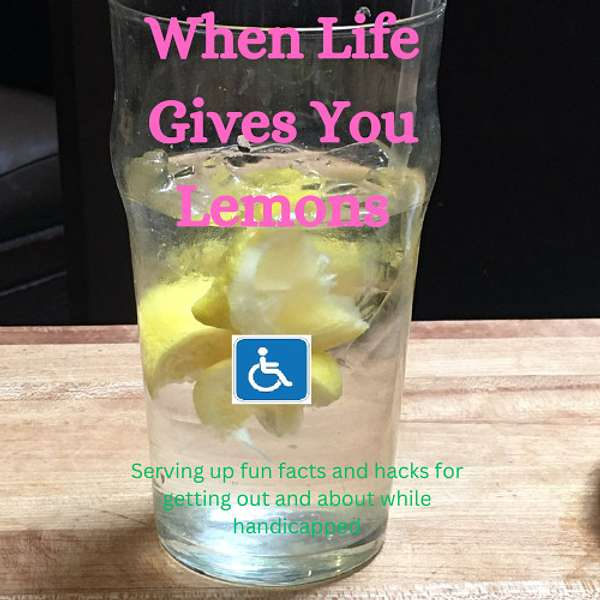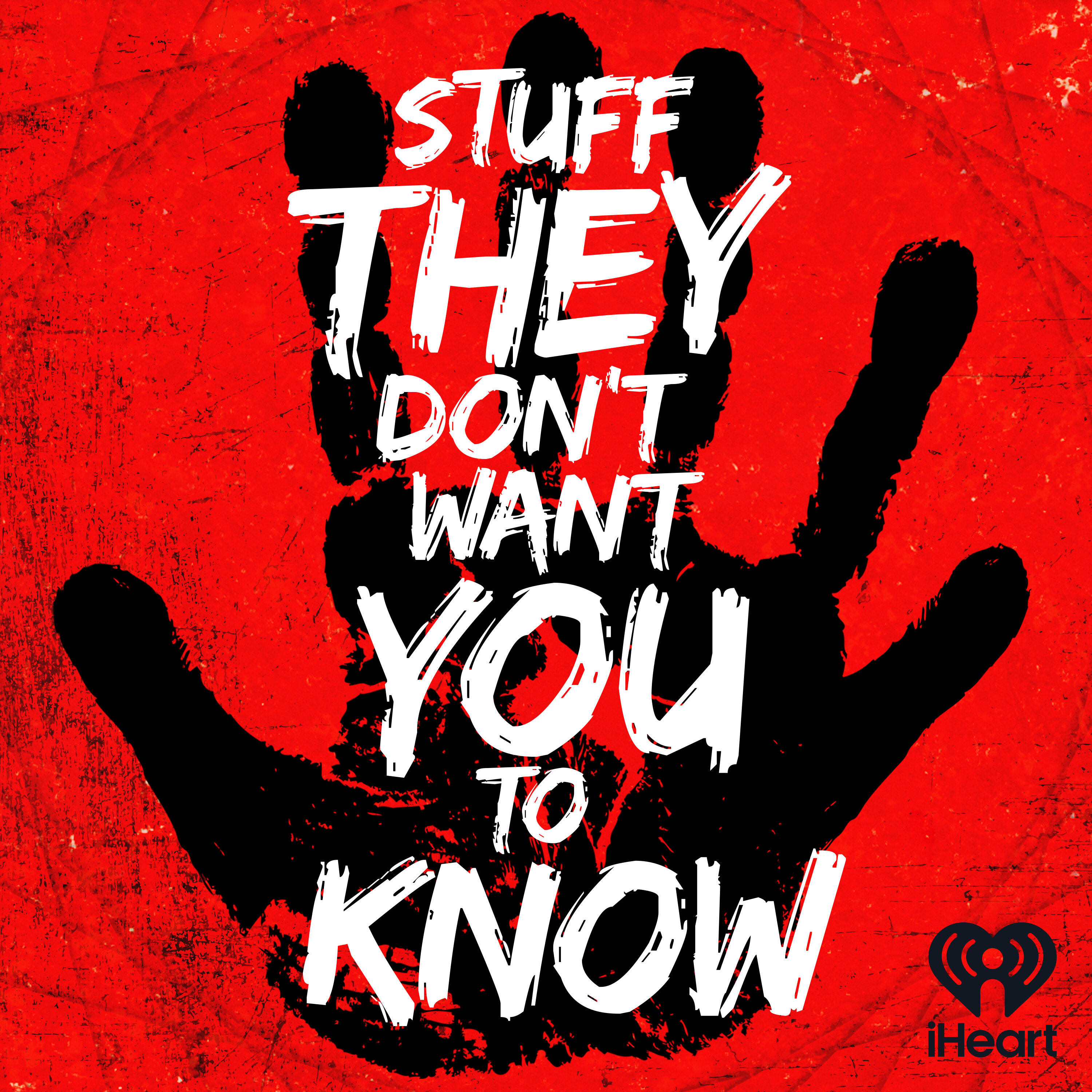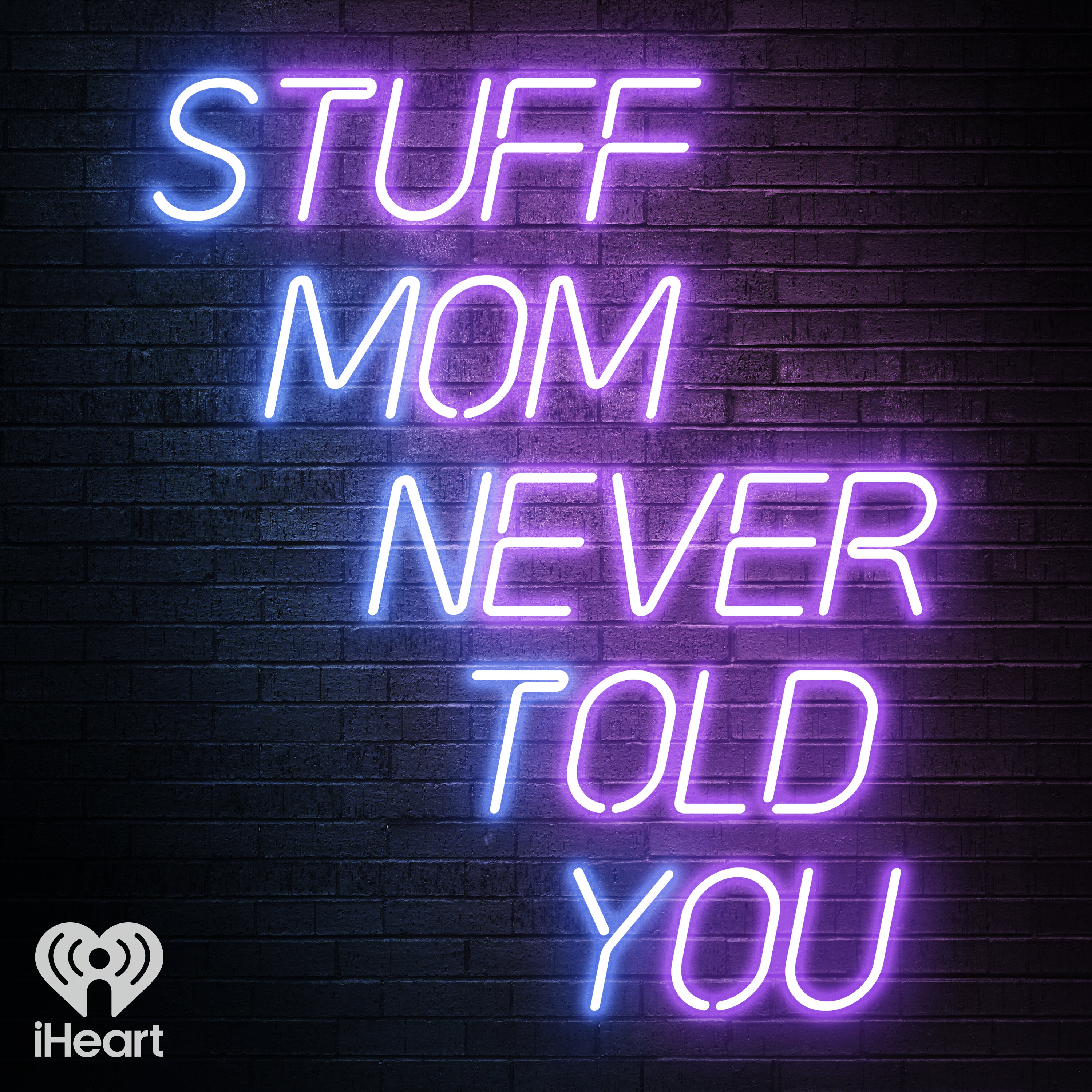
When Life Gives You Lemons
We do a bit of Research into handicapped travel issues and provide some solutions. Mobility, Hearing, Sight, Mental issues included. so far our episodes have included some information on Ataxia, Cerebral Palsy, Deafness, Dancing Sickness, Gulf War Syndrome, Long Covid and Wheelchairs. We are both Disability Advocates and realize there are too many diseases and conditions to cover and try to discuss the most common problems disabled people face and spread some awareness of disabled issues non-disabled people are unaware of.
CORRECTION
On a Previous episode I described how to enter our End Of Season contest. Step 1 click on the support our show link. Step 1 we require a one time payment (This has changed during our season) of $3. Step 3 (get you back to a one time payment) click on the $3 Subscription button. The following business day cancel the subscription (if you do it same day your bank may start thinking FRAUD. Step 4 Your done. Thanks for entering and "may the odds be forever in your favor",
When Life Gives You Lemons
Investing on a Disability Budget: A Talk with Paul
Financial independence while living with disability might seem like an impossible dream, but this episode shatters that misconception. Our guest Paul, a self-taught investor, breaks down realistic investment strategies that work even on limited disability incomes.
Starting with just $15-20 per month, Paul explains how platforms like Robinhood make investing accessible to beginners. He takes us through the pros and cons of various investment vehicles, from penny stocks (which offer quick returns but require constant attention) to cryptocurrency (highly volatile but educational for beginners). Most valuable is his breakdown of "paper trading" — a risk-free way to practice investment strategies using virtual money before committing actual funds.
For younger listeners, Paul makes a compelling case for Roth IRAs as a path to long-term wealth building. The math is startling: consistent small contributions from an early age can potentially grow to substantial retirement funds, all while being tax-advantaged in a way that particularly benefits those on fixed incomes.
Perhaps most reassuring is the confirmation that modest investment activities won't jeopardize disability benefits. As long as investment income remains below poverty-level thresholds, disabled investors can explore wealth-building without endangering their essential support systems.
Whether you're completely new to investing or looking to optimize your approach while navigating disability benefits, this episode provides practical, actionable advice from someone who's learned through experience. Ready to start your investment journey? Listen now, and discover how even limited resources can grow into meaningful financial independence.
I got a bit carried away with the last couple guests in that Palmi and I both agreed before this season to limit the time on our episodes to @30 min. This has left me with needing to edit the past couple episodes into two parts.
https://www.webull.com
https;//www.robinhood.com
Welcome to our podcast. When Life Gives you Limits, I'm Kevin.
Palmi:And I'm Palmi. We consider ourselves disability advocates and intend to spotlight some disability issues and things we find interesting that we frequently encounter when we're out and about. Also some history on disability that we find interesting on disability that we find interesting.
Kevin:Okay, everybody, welcome once again to our podcast with Life Gives You Lemons. We have a guest for you today, Paul, who's going to talk a little bit about what we can do to invest a little bit to generate a little bit of passive income. We're going to try a couple different angles for investing per se, so hopefully this is something that will fall into almost everybody's style of financial planning. So, Paul, how are you doing today?
Paul:I'm doing good, Kevin, thanks for having me. Uh, I like to start out by saying that investing in stock market is very I wouldn't say dangerous, but you know it doesn't always go your way. So never invest money that you don't have to spare. It has to be.
Kevin:I've always heard this a lot like uh, gambling, just afford to play around with what you can it is afford to lose. So we're talking, uh, extra $20 a month we're not talking about. I do ask you about some crypto. You happen to have enough discretionary income to play around with crypto and be able to afford your ups and downs. That's a very volatile thing, right?
Kevin:yeah, and I also want to say Paul is not a financial vet advisor per se. He's just been doing this for a couple years and is speaking to you from experience the life lessons of do this and don't do that.
Paul:That's right, Kevin. I've not been trained in this at all. Everything I've done, I've taught myself. I just don't want people to invest money that they can't afford to lose because right now the market's very volatile. You know, the market took one of the biggest crashes. It's taken for it since 2020.
Paul:Now that's that's a good thing for investors, because you want to buy stocks when they're low. That's when they're at their very lowest point is when you want to get in, because that's when you can make your most money. But knowing what stocks to get into, that's hard and it takes a lot of research and a lot of knowing. It takes a lot of research and a lot of knowing. The good thing is, through all of this, cryptocurrency has stabilized. It really hasn't went down with the market. Bitcoin was at $88,000, I believe Friday, which is they're down from what they were, of course, of $100,000 thousand, but they didn't take a big dip. Friday, with everything else and the crypto market, everything follows bitcoin, pretty much whatever bitcoin does, the rest of the market kind of follows along okay, let's skip over crypto and get to where we're talking.
Kevin:Let's go with, like, uh, the penny stocks you're telling me about. Now that's requires a lot of your attention, is that right?
Paul:it, does it. Uh, that's a ever-involving market.
Kevin:But on the positive side you're talking about spending very little money.
Paul:You can yes, the thing with penny stocks are you can get in at the bottom, but they can spike within hours and give everything back. It's basically day trading on penny stocks. Most penny stocks don't hold their gains. Now there are some that do, but penny stocks aren't a long-term investment. In my what I've seen, there has been, some NVIDIA started out as a penny stock. What I've seen there has been, some NVIDIA started out as a penny stock. I traded NVIDIA on a penny stock when it was like $7. And now it has reached, I think, $150. And it's holding right around $100. Now, had I known that NVIDIA was going to do that, yes, I would have kept that stock, but you just don't know right yeah, it's kind of like, in a way, gambling it is comparison, a useful, for you just have to have a feel, for you know when to, when to buy, when to.
Kevin:Of course, you've got to do some research that goes along with it. So instead of making a guess, you're making an educated guess.
Paul:Yes, I will warn people that if you do start looking for stocks and you get on YouTube and you start looking at you know following people or you see people on Tik TOK or Facebook a lot of these people you know they're they don't have your best interest at heart. All they're trying to do is gain for themselves. So, you really have to be careful who you listen to. You know and, uh, I follow a guy his name is Sean Deckmar and it's Tradecaster, and I've been following him for a couple of years, and he has been really good. I mean, he's taught me a lot about the market and that's what he does is he teaches, you know, and I still have a lot to learn, but I do know a lot more about it than I did two years ago yeah, because I researched a lot of uh, disability related issues.
Kevin:I get these you know weird channels that pop up on my YouTube feed. I've noticed a lot more AI-generated faceless channels. They give you some bogus info mixed with some real info so it doesn't sound totally outlandish but it sounds almost too good to be true.
Paul:A lot of people are using ai to trade with. Now they're letting ai, you know. But those programs are expensive, you know, and I don't know how accurate they are because I've not I've not ever used one of them or know anybody that has, but I do know people that are using them. I know that Nancy Pelosi's husband uses AI. That's how he picks a lot of his stocks and he's been doing good, you know, for years.
Paul:But even this year he's taken a big hit has he you know, there's apps out there where you can follow what the stars or the politicians are buying and you can buy the same way they're buying. A lot of people they follow nancy pelosi because she's been very successful in the market but so far this year the stocks that they invested in has not been doing well, which AI was heavily what they invested in.
Kevin:Again, when you talk about, I mean, she's got quite a bit of wealth, I guess.
Paul:Oh yes, oh yes.
Kevin:You know over the years. So, you know, if her stocks aren't doing well, she's probably not going to sell them off until they are.
Paul:Right.
Kevin:I would imagine. But I recall the company that you had mentioned before, NVIDIA. They've been around a lot longer. They've just not offered stocks to the public for a long time and I guess when they did have a public offering it was shortly before a big contract. The government had ordered them and that's when Pelosi bought the stock right after it was publicly offered, before the announcement of the government contract. But what looks like fraud could have been one of the AI programs.
Paul:Like you say, that AI program their husband uses, yeah, versus her insider knowledge of a deal I don't I don't know and not smart enough to know which is which no, I you know I'm not accusing anybody of anything, but it sure seems like politicians get pretty rich you know, know, and it's on both sides of the aisle, it's not just one, you know.
Kevin:but it's a lot of them. Yeah, I agree.
Paul:You know they have $174,000 a year salary and they're all millionaires, you know. You tell me how that works. So well but that's not what we're here to discuss today. We're to discuss how we can help your listeners.
Kevin:No, we're not.
Kevin:But I do want to say something about D. O. G. E and Dogecoin, the cryptocurrency. But the job D. O. G. E. has been doing. I'm sure one of the obstacles they come across is there was a period not too long ago when the government and computers I mean nobody had computers, so everybody bought something different. The government said, okay, greenlight, if you all need computers to manage your data, go out and buy something off the shelf. It's an expenditure that we'll make sure it gets funded. And basically, that means some people bought a bunch of computers obsolete now tech and they've been staying with it because that's the way it's always been. Part of the problem that D. O. G. E. has is they've got to use their newer equipment to work with, for better or for worse, than older equipment. So, I'm not sure how they're doing that, and I'd really like to see it, because they might have to be using something that age-wise is kind of between their new stuff and the old stuff they're trying to get access to.
Kevin:I think they also are talking recommending automation upgrades to the agencies you visit, if you want this this is probably what you need to look at, and some of it would be obviously a hardware buy for their agency or for the government agency, or a software buy just to upgrade their management capabilities.
Paul:Well, you're right, technology is coming along fast and AI is a big part of that, and AI is going to be a part of our future, whether we like it or not. A lot of people are scared about AI and, frankly, I am a little bit too, because there's a lot you can do with AI, but there's a lot of good that comes from AI and I believe that you know, when we were kids and we seen the Jetsons and we seen flying saucers and we thought this was futuristic stuff. Well, folks, we have cars that drive themselves. Now, you know, we have robots that build our cars. I mean, all this is coming to us now and it's coming fast, and I truly believe that. You know AI is here to stay and the technology is just going to be overwhelming for a lot of people to understand.
Kevin:Let's talk for a minute about software. What kind of software do you recommend people use to look into it, to make their venture a little easier.
Paul:Well, if you're just wanting to be a casual trader and you're just wanting to spend $15, $20 a month, and try to buy into a stock, the easiest platform I can tell you to use is Robinhood.
Kevin:It's the most user-friendly platform out there, most uh user-friendly platform out there. Now I've seen a lot of uh Robinhood advertisements is that a free application?
Paul:It is free, it's free to download. Uh they uh they do make you hook a bank account to it. You can't use a credit card, you have you hook a bank account to it. You know, if that scares you or whatever, you might want to start a secondary bank account and just put a little bit of money that you want to trade with in that account and use it and don't hook your main bank account to it.
Paul:You know, at first, when I first started using it, I'm not going to lie I didn't like hooking my bank account to it. So, I started another bank account. But after using it for years now, I feel that it's pretty safe. So, I have both of my bank accounts hooked to it. But uh, robin hood, but Robin Hood is really simple to use. I mean, some of these platforms are really hard even for me, and I've been doing that because I've been looking to upgrade to another platform, because I'm limited what I can do on Robin Hood, but for a casual person wanting to do this, it's the perfect application for them to use.
Kevin:Is there anything that Robinhood is not suited for?
Paul:You can't short stocks on Robinhood which, if you're not familiar with the stock market, shorting a stock is you're betting on it to go down. You know, like S&P 500 Friday, betting on it to go down. You know if you would have shorted the S&p; 500 Friday when it was at 400 and was it 446 or 546 dollars and it shorted down to 508, if you would have shorted that, you would have made that difference on that stock from five, 48 to five, oh eight. You know you'd have made 40 bucks. You know. But now that's just an example.
Paul:Obviously, none of us is going to be able to trade the S∓ P 500, but there's penny stocks that you can do that with too, you know. So I day trade, which means I don't stay in a stock, I buy stock, I ride it to the top, I get out of it and I go on to the next one. What I would like to be able to do is just short that same stock. You know, Mullin, for instance, Friday went. It was a penny stock, it was at $0.08, and it went to $0.12. So, you can buy a lot of shares for $20 of a stock like that.
Paul:They're very risky because they pump and then they go back down. What I would like to have been able to do was to bought that on the way up, sold it at $0.12, and then shorted it back down, because it gave it all back and it went back down around $0.04. I could have made money going up and I could have made money going back down, but that's very risky because if that stock was to go above 12 cents ever, however far it goes above 12 cents then you're losing money and you have to pay back to the broker. So you can get in big trouble shorting stocks and I I really don't recommend it for someone that's new, because you could lose your life savings doing something like that. You know, because it doesn't matter how far debt you go, you're going to owe it to them. So where, when you buy a stock and you lose money, well then you just lost what you had invested in it.
Paul:You know they can't take any more from you right so uh, for for your listeners that's not familiar with the market, robin hood would be you can trade uh bitcoin or you can trade doge. There's several meme coins on Robinhood that you can trade.
Kevin:Okay, can you explain?
Paul:what a meme coin is. Okay, a meme coin Just in general terms. It's not a tangible coin, like Bitcoin is.
Kevin:Right.
Paul:All. Crypto is not. It's hard for people to grasp what crypto is. It's hard for me to grasp what crypto is because there's nothing behind it. I mean, it's just out there. But meme coins, they were designed to just be funny, they were just designed not to be serious, and most of them aren't. Doge took off because Elon Musk got behind it and Mark Cuban got behind it. When these people got behind it, then the whole country, the whole world, got behind it. So everybody knows what you know Doge is. You know, but it's not like Bitcoin, bitcoin, it, you know. Bitcoin has subsidiaries that trade on their market. You know they have ATFs Is that right? Atfs, Efts Is that right? ETFs I'm sorry, has ETF companies that trade along with Bitcoin? Right, you know, doge has nothing like that. You know. But you can make money trading Doge.
Paul:The thing about somebody that doesn't have a lot of money to spend trading something like Doge is a good way to get started. That's how I got started, because you can sit there and watch. Do those for a few days before you ever put your it and watch how it fluctuates, and it'll fluctuate three or four pennies. You know one way or the other. So, what you want to do is wait until you see it. You know drop. You say I haven't looked at it day, but I think yesterday it was like at 17 or 18 cents is what it was trading at. If you watch that for a few days, it might drop down to 13 cents. So buy 20 bucks of it at 13 cents a share. When it gets back up to 17, sell it off, take your profits off, wait for it to go back down again. And you know, say you made three or four dollars on it. So the next time you buy, you know maybe you got 23 to buy it and you just keep growing it that way. I mean it's. It's a slow process, but it gets you used to trading in the market. It gets you used to watching a stock and seeing how it reacts to news.
Paul:And if you see Bitcoin going up, then you're going to see Doge follow. Nothing is drastic, but it will follow a little bit. And there's others, but it will follow it. You know a little bit and there's others. You know there's shibu. Robin hood's got a couple of others on there. Now I can't think the name of them, but they're, they're cheap. They're cheap cryptos that you can buy and, uh, gives you something to play with and understand how the market works and you can make a few bucks.
Paul:You know, I don't recommend putting your money in and just sitting on hoping to get rich because you're not going to do that with, with doge or anything. I mean, you'll hear all kinds of people say oh, it's going to go to the moon, it's going to be a dollar next year. Well, I've been trading going to go to the moon, it's going to be a dollar next year. Well, I've been trading doge for about four years and I've been hearing that for four years it's never happened. And that's people that I was talking about earlier trying to get you to. You know, hold on, not sell your stock off because they're wanting to sell theirs off at a higher price. You sell yours off.
Kevin:Right.
Paul:I'm rambling, I know, but there's other ways, you know, other than in the market, that you can invest your money. If you're you know. If any of your listeners are younger, you know, and they're disabled or they can't work and they're on fixed income, whatever it may be, I suggest a Roth IRA. I would rather see someone that's younger put their money into that, because you take your $20 a week, you throw it in this Roth IRA and what a Roth does is it pays taxes as you put it in. So whenever you draw your money out, you don't have to pay taxes on it. The taxes is already paid. And you know?
Paul:There's a guy named Ramsey I can't think of his first name, boy, I'm terrible at this, but anyway he talks about that. You know, if you're 20 years old and you put $50 a month into a Roth IRA that's, you know, compounding daily by the time you retire you'll have over a million dollars in your account. And I've got my youngest boy doing it, my oldest boy. He's stubborn, he don't want to listen to old dad. But so if you're younger, if you're in your 30s, even in your 40s, if you're in your 30s, even in your 40s, a Roth IRA is a pretty safe way to make your money and grow wealth for your retirement. Older people like us, it's not necessarily a good move. I mean we can do it too.
Kevin:We would just have to put more money into it for us to see the right.
Paul:That's what I would suggest. You know, just the stock market's fun, don't get me wrong and you can make money in the stock market, but it can also be just like gambling. It can get addictive, I mean, and uh, but I enjoy it and I've really really studied a lot in the last two years and I still have so much to learn. I don't I would be afraid still to make a huge investment in the market because I, uh, I know it's one of the questions you talked about was paper trading.
Paul:Uh, I do a lot of paper trading with bigger stocks, more money, and paper trading is you're not using, you're not using real money. You're using an app that you can trade the stock market just like with real money. But it's just an app and you can, you can go in, you can type in any stock that you want and you can buy as much of that stock as you want. You can say, uh, we will has probably the best paper trading.
Paul:It's a, it's a broker app, just like robin hood, but it's a lot more complicated to work, except for the paper trading part of it and it's real simple and so you can go in and you can set it up. You know it's paper money, it's not real. You can set it up as up to a million dollars in there if you want. Or you can be more realistic and say okay, you know, I'm going to fund my account with five hundred dollars, so you can put five hundred dollars and you start it with five hundred dollars and you can just start trading stocks and see how well your instincts are. The good thing about paper money is it's not real. So if you, if you blow up your account and you lose all your money, you just restart it and you start over again and, honestly, anybody that's thinking about getting into the stock market, this is how they need to start. If I would have started this way, it would have saved me a lot of money and a lot of heartache.
Kevin:Okay, for the listeners that don't know, let me explain how this works with Social Security, ssi and SSDI and your various other programs like the VA. As long as you do not make more than the poverty level income, you're fine. Poverty level income, you're fine, it doesn't count for. Hi folks, it's Kevin again. What I wanted to do was take care of a little bit of housekeeping. We ended our interview right there and we'll continue again on the next episode with Paul. So if you're looking for a detailed description, you can use the transcript and we'll print out what we're talking about right now.
Kevin:But I wanted to clarify one thing before we got to the Husky theme from the podcast. In the very beginning of the interview, we talked about Doge, that's, the Department of Government Efficiency D period, o period, g period, e period. Later on, when we talked about cryptocurrency, doge is a crypto coin. There are no periods. That's just a name, it's not an acronym. So anyway, getting back to the housekeeping, please send us spam, mail or email with any input you have, as well as, if you would be so kind, take the time to rate our podcast with your download, with your podcast player app, and let us know how we're doing. Thanks, until next episode, take those lemons and make your own lemon date.
Podcasts we love
Check out these other fine podcasts recommended by us, not an algorithm.

When Life Gives You Lemons
Kevin & Palmi Henry
Stuff They Don't Want You To Know
iHeartPodcasts
Stuff Mom Never Told You
iHeartPodcasts
Stuff You Missed in History Class
iHeartPodcasts
Planet Money
NPR
Ridiculous History
iHeartPodcasts
The Way I Heard It with Mike Rowe
The Way I Heard It with Mike Rowe




